In the past few months, I've been to two concerts that have been way too loud. So loud that I had to put my earplugs in to even enjoy it at an acceptable volume. I was reminded of how the loudness wars have not only gotten out of control in terms of mastering, but also at live shows in general, where rooms are not tuned properly or prepared for such volumes. Recently, I enjoyed a symphony concert that left me feeling energized, refreshed and inspired, not fatigued.
As audio professionals, it's important to protect our biggest asset: our hearing. But often, we concentrate on making our eye or dental appointment rather than having a regular checkup with an audiologist. Live sound engineers, especially at festivals, spend all day listening to bands at excessive volumes. Many producers love to compose and mix music at high volumes, often in headphones, which creates ear fatigue, causing the ear to almost shut down. When the ear starts to protect itself from sound overwhelm, music producers can get a skewed perspective on their mix as well. This prolonged exposure to our nervous system can begin to cause permanent damage in the form of tinnitus, which is a permanent ringing in our ears.
Pic 1 '" Even Babies need Protecting!
How loud is too loud?
The US Occupational Safety and Health Administration states that exposure to sound 90 dB or higher for 8 hours or more, can lead to permanent hearing damage. Common man-made environmental noises between 90 and 140 dB are jackhammer drills, dance clubs, jets taking off, gunshots, subways and rock concerts. In my first article on sound healing, I mentioned the vagus nerve, which is the nerve that can converts incoming sound into electrical signals in the brain which in turn, are sent to literally every organ in the body. It's no wonder that prolonged exposure to loud noise can cause disease very quickly throughout our entire nervous system, not just in our ears.
Evaluation Tool
There are many dB meters available for iPhone and iPad. Many of them, like the SPL meter below, are free or a little as .99 cents. These are great Apps to have handy for those of you who work in live sound, for checking the levels at concerts and festivals as a concert goer, or to just be more aware of noise in your surrounding environment. You will be surprise how quickly you reach 90 dB and exceed this threshold.
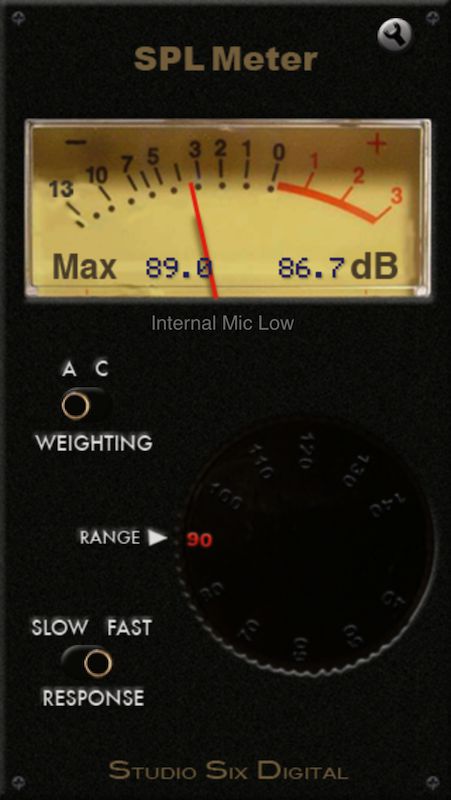
Pic 2 '" SPL Meter for iOS
Tools for Protection
Bose Noise Canceling Headphones
Pic 3 '" Bose Noise Cancelling Headphones
Most of us in the audio industry won't need industrial grade headphones like we see on construction sites or at airports, but I do highly recommend the Bose noise cancelling headphones. They are a more expensive investment, but incredibly effective in cutting noise across the frequency spectrum and giving the ears a wonderful rest. I use them every time I fly now. The loud white noise of the plane is very fatiguing adding to the fact that you may be listening to music or watching TV as the same time. I feel more refreshed after a flight wearing those then when I didn't have them.
Foam earplugs
Pic 4 '" Foam earplugs in Bulk
Foam earplugs are cheap and easy to go at a local drugstore. You can buy a small container of them and stash a few pairs in your gig bag, wallet or purse in case of a loudness emergency. Many of my friends have saved me at loud shows but having an extra pair of these with them. They are very malleable and expand to fill your ear canal once you have inserted them.
Custom Musician's earplugs '" Hearnet.com
Pic 5 '" My custom earplugs from Hearnet.com
A few years ago, I invested in a pair of custom modeled earplugs provided by Kathy Peck at Hearnet.com. Kathy is located in the San Francisco Bay Area and often travels around the state to audio schools and conventions like NAMM to fit people for earplugs as well as give hear tests. I really enjoyed the hearing test. I hadn't had one since grade school so I was very curious to see what kind of damage had been done spending time in clubs all those years. I was relieved to find out that I only had a slight dip in the higher end of my hearing but overall I was in excellent shape. People tend to loose the ability to hear higher frequencies at first and may have trouble understand or following conversations.
After the hearing test, Kathy poured a foamy substance into my ears to make the mold of my ear canal. When dry, the molds were sent to a lab she works with the make the actual earplugs with my molds. I was able to choose 9, 15 or 25 dB filters depending on my needs. Some audio professionals and musicians prefer to use less attenuation so they can hear more detail in the music while they are working. To top it off, you can customize the color of you plugs and give them your own unique flair. If you do not live in California, research a company near you that may be able to provide a similar service.
Embrace the silence
Of course, there's nothing like giving our ears a break from relentless mixing, listening or clubbing like a healthy dose of silence. Inserting silence into a daily routine is like having a sonic meditation, but without a music aide of any kind. Since music is organized sound and silence, don't forget to embrace the latter! When we allow our ears and nervous system to relax by taking frequent breaks, the result is better mixing, better listening and a better experience with sound overall.
Resources:
http://www.osha.gov/SLTC/noisehearingconservation/


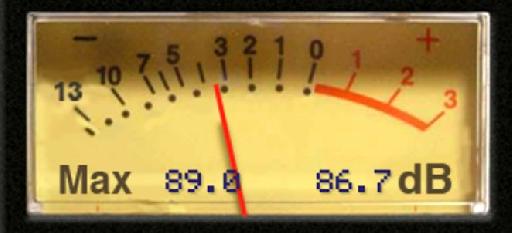
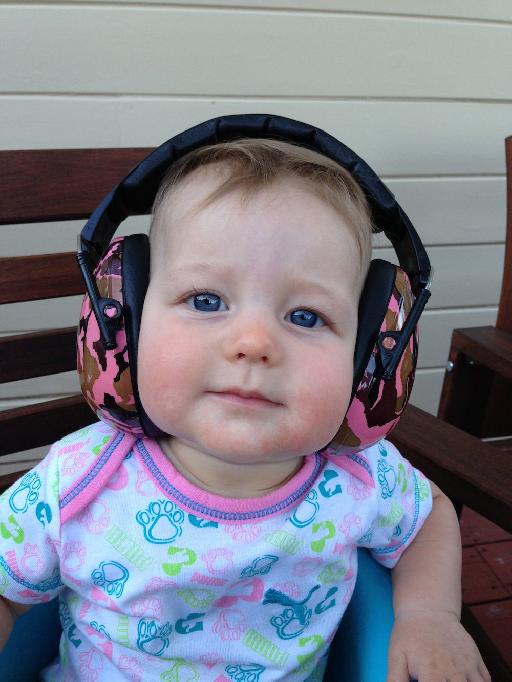
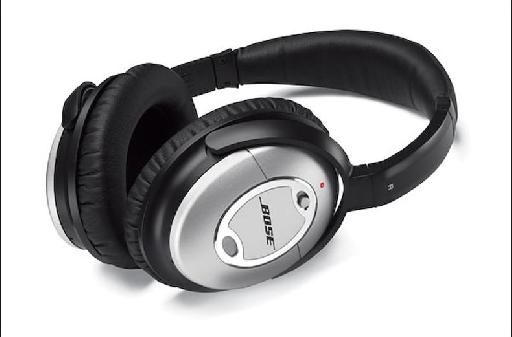
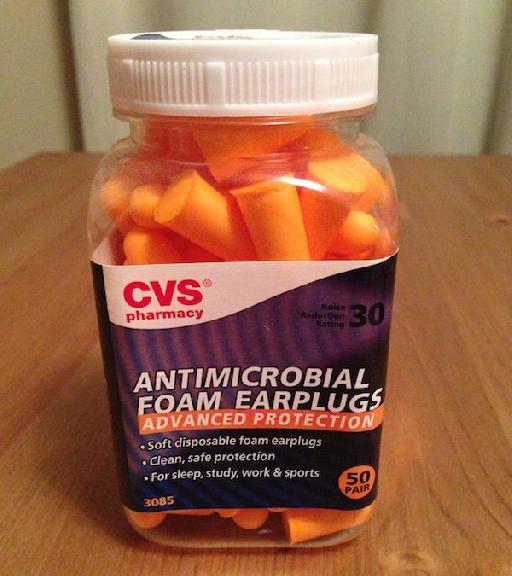
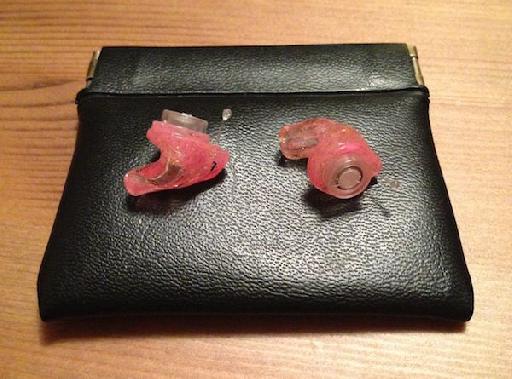
 © 2024 Ask.Audio
A NonLinear Educating Company
© 2024 Ask.Audio
A NonLinear Educating Company
Discussion
Want to join the discussion?
Create an account or login to get started!